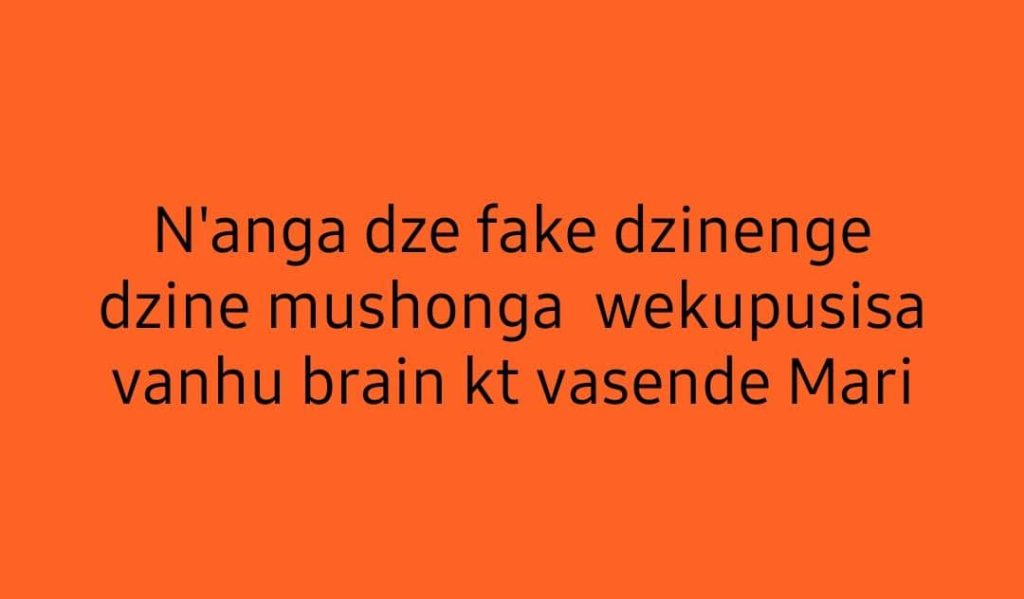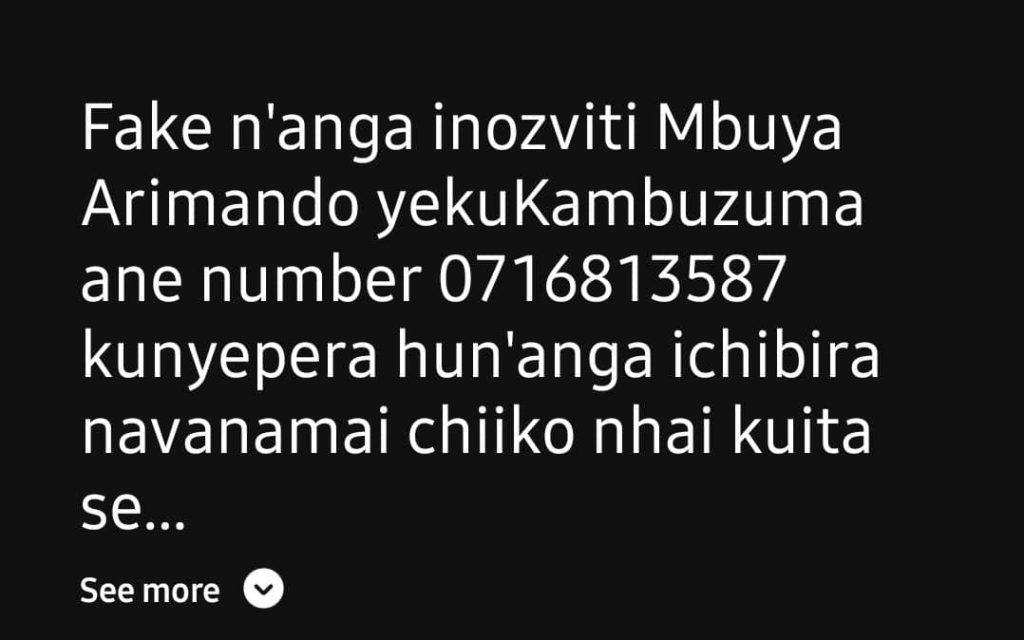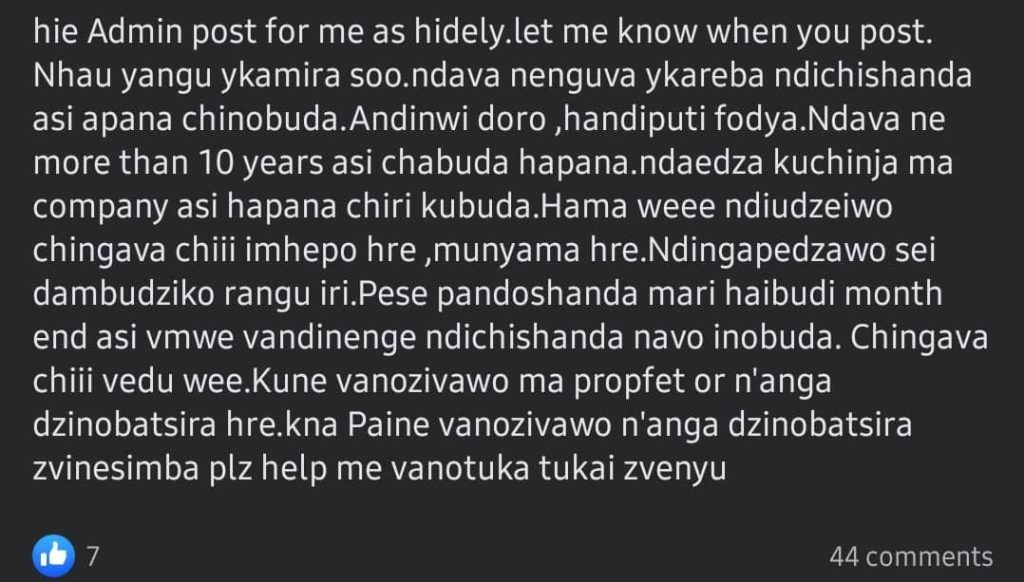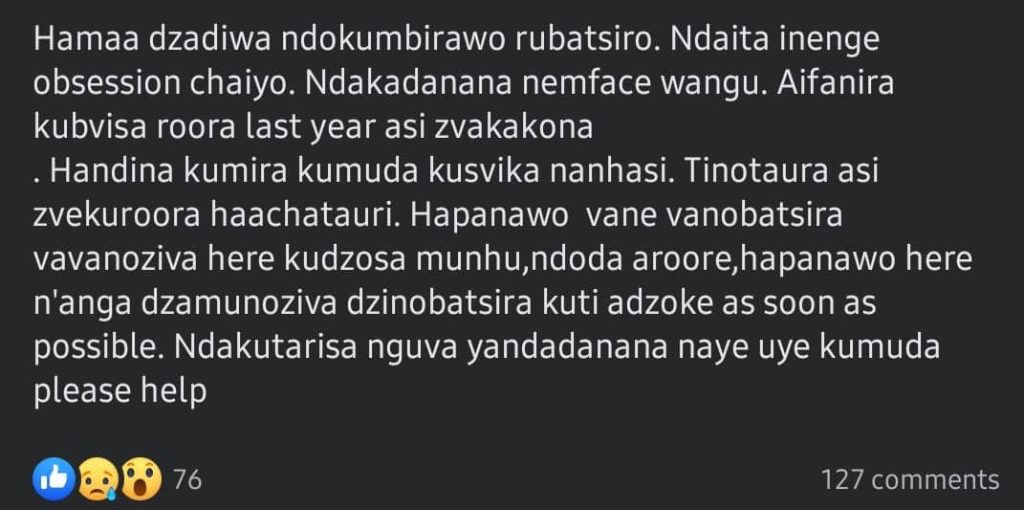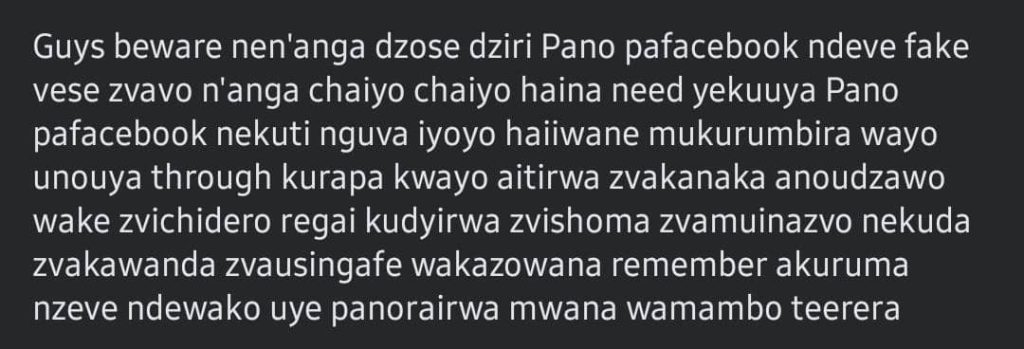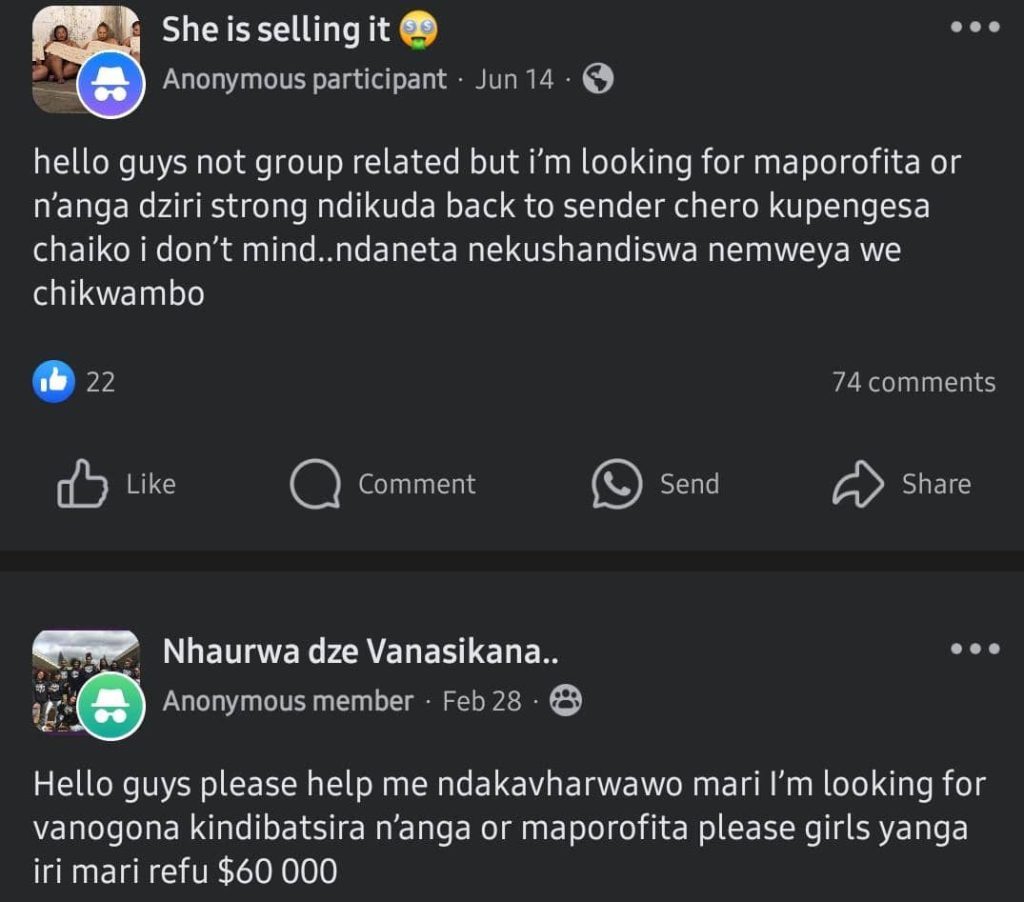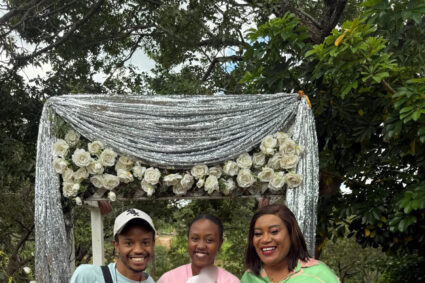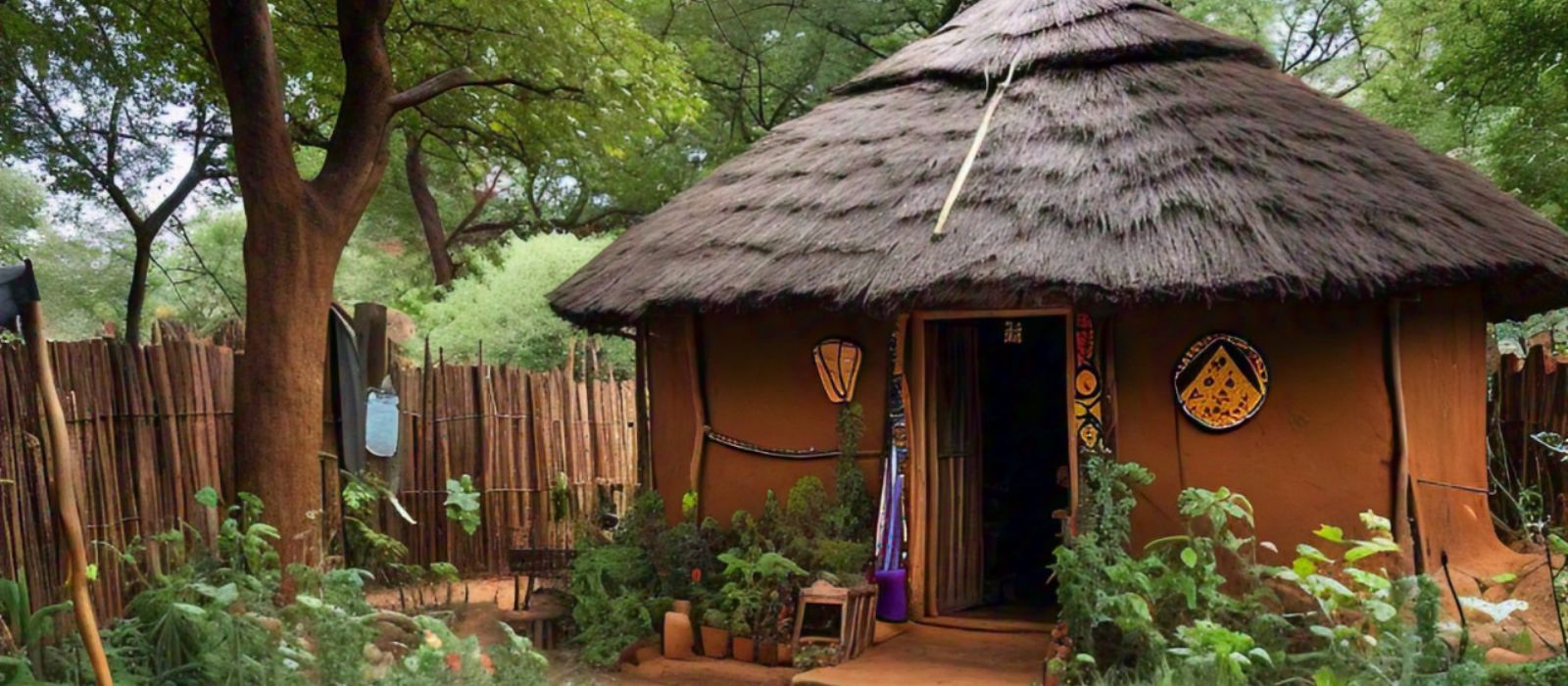
OPINION: Traditional Healers: Exploiting the Desperate or Offering Vital Support in Hard Times?In Zimbabwe, the role of traditional healers, known as n’angas, is deeply embedded in the cultural fabric of society. These practitioners often serve as a first point of contact for individuals seeking medical assistance, spiritual guidance, or psychological support.
However, their practices have come under scrutiny, raising questions about whether they exploit vulnerable populations or provide essential services in a context marked by economic hardship.
Some n’angas may charge exorbitant fees for their services or sell ineffective remedies under the guise of healing. Reports have emerged of individuals being manipulated into paying large sums of money for services that do not yield results.
Traditional healers are not merely practitioners of ancient rituals; many have adapted their practices to meet contemporary needs. Some offer counselling services for mental health issues such as depression while others provide treatments for chronic conditions and others are known for bringing back what you have lost e.g money, lovers etc.
However, their upswing has also led to concerns about the legitimacy of some practitioners. The lack of regulation means that anyone can claim to be a healer without formal training or ethical standards. This opens the door for individuals who may exploit vulnerable patients through fraudulent practices—charging excessive fees for unproductive treatments or engaging in acts that could be classified as witchcraft.
With the advent of modern technology and media, many n’angas are now turning to radio as a platform to advertise their services such as on ZI-FM and Star-Fm. This then brings the point that they are steering a paying business because of the marketing involved.
ABOUT SOME OF THE TRADITIONAL HEALERS:
Gogo Sithole is a prominent traditional healer known for her deep connection to ancestral spirits and her commitment to helping those in need. As a sangoma, her approach combines spiritual guidance with practical remedies, making her a respected figure among her clients. Recognizing the potential of social media platforms like TikTok and Facebook, she has begun sharing her knowledge online.
This shift allows her to reach a broader audience while maintaining traditional values.
- Dr. Kamwelo Banda, popularly known as Sekuru Banda, is a Malawian-born traditional healer and herbalist based in Harare. Sekuru Banda’s journey began with a media article that captured public attention and sparked interest in his healing practices. The article titled “Gudo pfacha pasmallhouse” published in Kwayedza became a talking point that led to increased media coverage and appearances on radio and television programs. Sekuru Banda claims to perform various tasks that include bringing back lost lovers, punishing unfaithful partners, and addressing issues related to theft. He asserts that he can solve 70% of his clients’ problems instantly while 20% may take some time, with only a 10% failure rate attributed mainly to conditions like HIV/AIDS and raising the dead.
- Gogo Chihoro, a prominent traditional healer who has gained significant recognition for her unique abilities to assist individuals facing various life challenges. Known for her spiritual insight and healing powers, she has become a beacon of hope for many who seek her guidance. Recently, Gogo Chihoro has attracted attention due to the influx of artisanal miners seeking her assistance in accessing gold. Gogo Chihoro describes her service as providing a “password” that helps remove obstacles preventing individuals from obtaining gold, thus enhancing their fortunes. Her commitment to helping others through spiritual guidance and practical solutions makes her a vital resource for many individuals facing difficulties in their lives.
- Sekuru Gono Musharukwa from Chipinge a town where many n’angas exist. He is a prominent figure known for his contributions to traditional healing practices and the preservation of indigenous knowledge. His work embodies a blend of spirituality, herbal medicine, and community service, making him a respected elder in his community. Despite his esteemed position, he also faces challenges typical of many traditional healers today with ongoing issues related to the commercialization of herbal medicine and the potential loss of authenticity in practice.
- The late Sekuru Ndunge’s reputation as a powerful sangoma attracted clients from various backgrounds, including politicians and business leaders, who searched for his expertise for a range of issues from financial prosperity to personal relationships. He also faced criticism from some quarters within the traditional healing community and he openly criticized other practitioners for their methods and has expressed disappointment over fraudulent individuals using his name without permission.
PUBLIC VIEW
“I had an encounter with one of the sangomas. I was referred to him by one of my relatives when some people robbed us, taking electrical gadgets, money which amounted to US$5000 and three cows. I went to the sangoma with one of my sisters and we had to pay US$80 consultation fee. Then the sangoma just infomed us that by end of week the person who stole my things will bring them back first thing in the morning. That is when my sister also told the sangoma her issue that she had a son with fits and she paid US$150 for the healing process which was also said to take two days. Unfortunately for both of us nothing was fruitful and we realised it was a scam,” said Tanatswa (not real name).
On another positive note, Patience (not real name) said: “I had a problem of piles and fibroids and the doctors had said that I would never get pregnant. That is when a friend of mine, introduced me to her traditional healer and I was given a 5-litre water bottle that had 5 stones inside which I drank for five days. After a week, I started to feel some changes in my stomach and thats when I realised I was pregnant. To me, I believe in these n’angas because I was healed with something doctors could not do.”
The question of whether n’angas are stealing from desperate individuals or providing necessary support is not easily answered with a simple yes or no. It involves navigating a landscape filled with cultural significance, economic hardship, ethical dilemmas, and varying degrees of practitioner integrity. While some n’angas undoubtedly offer valuable services that fill gaps left by formal healthcare systems in Zimbabwe’s economically challenged environment, others may exploit the vulnerabilities inherent in such circumstances.
